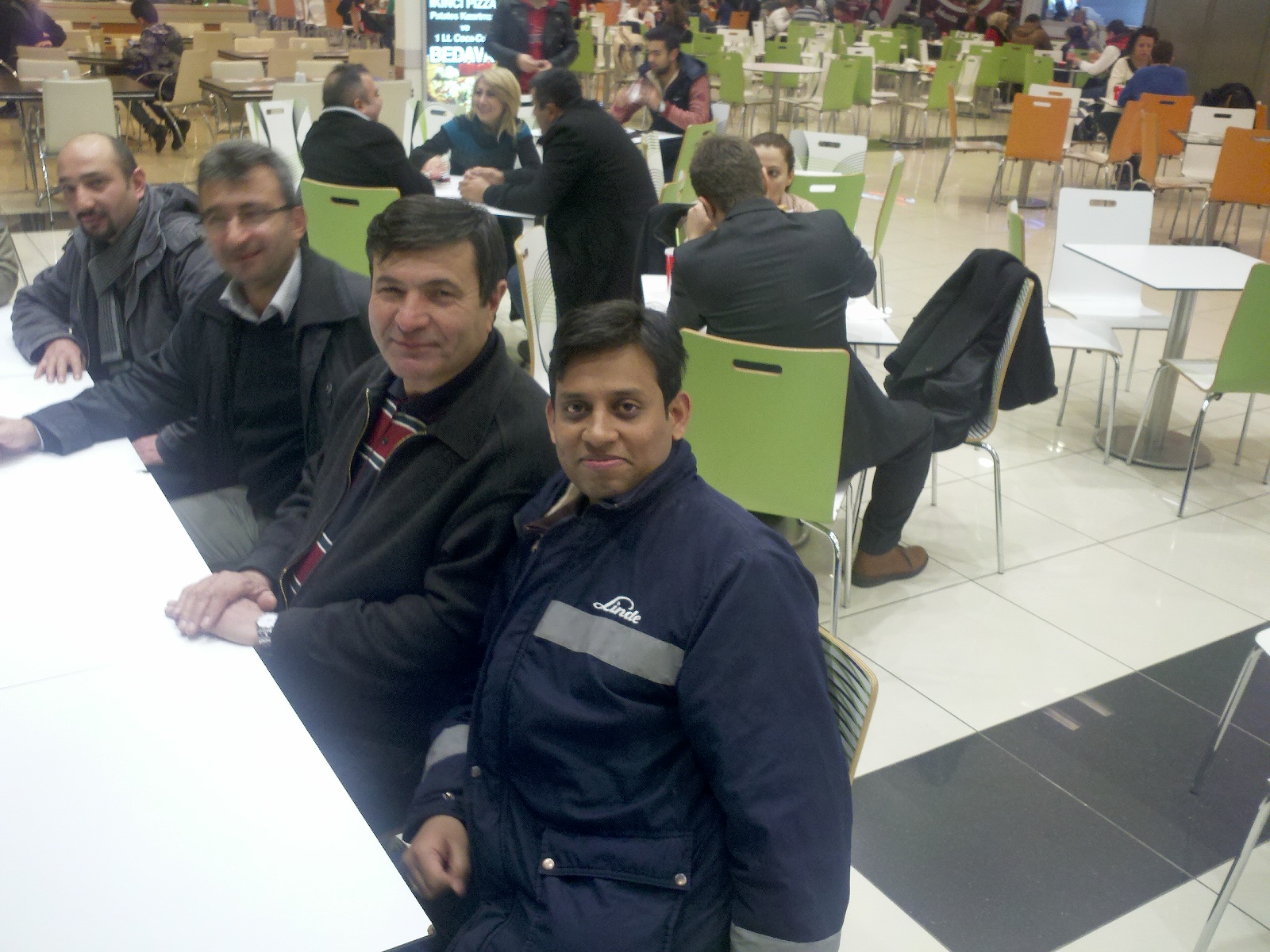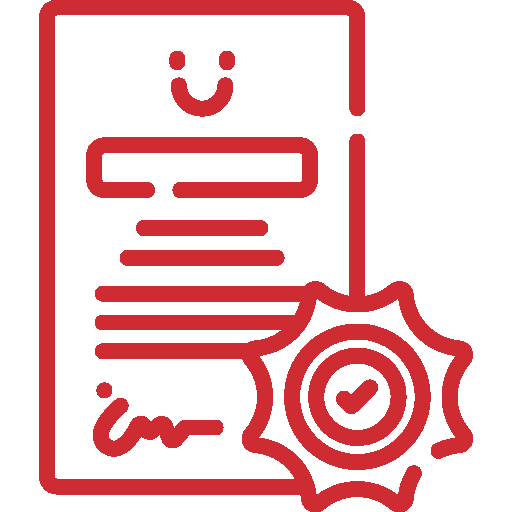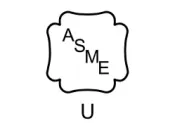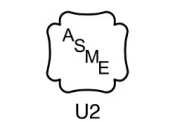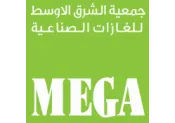On-Site Plant Operations and Safety Auditing
On-site plant operations and safety auditing services compare actual operating practices to Rexarc, Customer, and/or Industry standards such as NFPA, EIGA, and/or other industry standards. This is a customized solution designed in accordance with Customer inputs. During this audit, Rexarc provides an objective third party review of the efficiency and safety practices employed by operators.
Scope of Audit
When providing this audit service, we thoroughly audit:
- Plant Operations
- Safety Procedures
- All Rexarc Equipment
Processes Audited
This service focuses on Rexarc Medium Pressure Plant Operations including:
- Start-up
- Cylinder Filling
- Equipment Checks
- Shutdown Processes
As a result of the audit, a report of findings is provided that highlights gaps in safety practices and procedures, recommendations for corrective actions, and equipment upgrade options to improve safety and/or efficiency in operations.
Why to have Rexarc Acetylene Plant Audit
As a part of Rexarc’s commitment to customer service, free audits are provided which focus on important safety issues and identifying efficiency opportunities. This review of a plant audit is specific to one location but the areas identified are common across the majority of audits that are completed. In this study, the areas identified are related to fittings used in the system, high pressure driers, and cylinder leads. The summary of the document includes solutions to each of the areas identified in the audit.
What Task are Performed in the Plant Auditing
During an audit, a qualified Rexarc representative reviews the equipment set being used in detail from the beginning of the acetylene cylinder filling process which is when the cylinders are weighed to check acetone levels to the end when they are weighed off of the scales to verify they were filled.
Prior to the review beginning, the Rexarc representative sits down with all who are interested at the customer site to review the process as well as gather any interests and concerns from the customer.From there, the representative is often accompanied through the plant by a plant operator. The plant review concludes and often a debriefing session occurs immediately after the audit for findings to be delivered. The debriefing session is often with the same individuals met with at the beginning of the visit.
During one of these visits, it was discovered that the company faced challenges with the pressure of fittings being used in the system, efficiency challenges with maintaining the high pressure driers after acetylene compression, and the opportunity to improve equipment and cylinder life through ammonia scrubber implementation. What follows are considerations and recommendations on how to best address the challenges at the site.
| Alternatives | ||
|---|---|---|
| Pipe Fittings | High Pressure Driers | Ammonia Scrubbers |
| Acetylene can reach pressures of up to 50x higher than whatever its current pressure is, if detonated. For example, if the gas is at 50 psi and detonates, it can reach pressures up to 2,500 psi. Given this fact, all high pressure piping should be rated as such. Alternatives to carbon steel include materials such as stainless steel and welded connections with working pressure ratings at or above 3,000 psi. For some applications and regulations, higher pressure ratings are required as well. |
As an alternative to using calcium chloride, Acetylene gas can be dried using different media and methods such as Silica Gel and other media, as well as Automated Regenerative processes during which dried gas is cycled back through a drying chamber to dry the media in preparation for the next drying cycle. |
There are various methods of purifying acetylene. Alternatives include the implementation of sulfuric acid towers, arsenic trichloride, and the use of an acetylene purifier and purifying compounds such as Rexarc’s Monkey Dust to remove ammonia and other impurities. Other methods include not utilizing an ammonia scrubber as designed by Rexarc but a vessel that is simply filled with water to absorb the ammonia as the acetylene passes through and manually changing the ammonia saturated water on timed intervals. |
| Proposed Solutions | ||
|---|---|---|
| Pipe Fittings | High Pressure Driers | Ammonia Scrubbers |
| High pressure fittings can be sourced locally. It is imperative that any individual who works on the acetylene plant piping be trained in the chemical nature of the gas and the ratings required as a result. Rexarc can also be a partner in piping expansions by providing piping kits which include fittings and valves that are rated according to system and regulatory requirements. The benefits of either solution are a safer working environment and regulatory compliance. |
This plant has two compressors with combined capacity of approximately 5000 scfh (150 m3/hr). The high pressure driers being utilized have not been sized properly and are in poor condition which requires increased labor to service on a more frequent basis than if the unit were sized properly. |
The system effects of ammonia are important to consider. When ammonia is compressed, it turns into a thick, sticky, black tar-like compound which causes system constraints in various areas. First is the piping itself. Over many years, pipe diameters will become smaller impacting the flow of gas through them. It also makes cleaning of manifolds dirtier and more difficult during preventive maintenance which is less efficient. The next item impacted are the charging manifold flame arresters (Rexarc part number 3-01-0065). These become clogged from the ammonia which results in decreased product life. The same impact occurs to the flame arresters located on the cylinder filling leads (Rexarc part number 1-01-0318). Finally, cylinder life is impacted as this compound collects inside the cylinders, the cylinder doesn’t accept as much acetone and ultimately acetylene. The life of the cylinder can be shortened significantly as a result. Given the system benefits, ammonia scrubbers are recommended. |
| Recommendations | ||
|---|---|---|
| Pipe Fittings | High Pressure Driers | Ammonia Scrubbers |
| Training of personnel who perform maintenance on an acetylene plant is important to safety. During training, required working pressures of the equipment is a critical item to verify is known through assessments. The other recommendation is to review all existing piping within the system to re-verify proper fittings are in use. It should be noted that during an audit, pipe thickness cannot be verified so should a section of pipe be replaced, it is imperative that the proper schedule of piping be utilized. |
The first recommendation is that the condition of high pressure driers be reviewed for operational effectiveness. For maximum efficiency, each vessel is recommended to be drained on an hourly basis. The second recommendation is to verify the flow rate of the high pressure driers being used are at least as high as the capacity of the compressor. If either of the recommendations are not able to be achieved, there are other challenges created within the system such as this plant was experiencing. The final recommendation is to verify the vessels are in good condition. This is a somewhat subjective statement but things to be aware of are corrosion to the outside of the vessel. If the paint is ‘bubbling’, this is a sign that the unit needs additional maintenance and potential replacement. With that, the recommended solution is that the plant purchase two sets of calcium chloride driers, one properly sized for each unit. This will change the current practice of draining an under-sized unit more often as well as will improve the safety of the units as those in place are in poor condition. |
Adding a purification component specifically designed to remove ammonia to the system positively impacts the efficiency of preventive maintenance, service life of system components, and helps with cylinder service life. Because of this, it is recommended that a review of plant processing components be conducted and a plan for implementation be created if ammonia scrubbers do not exist. |


